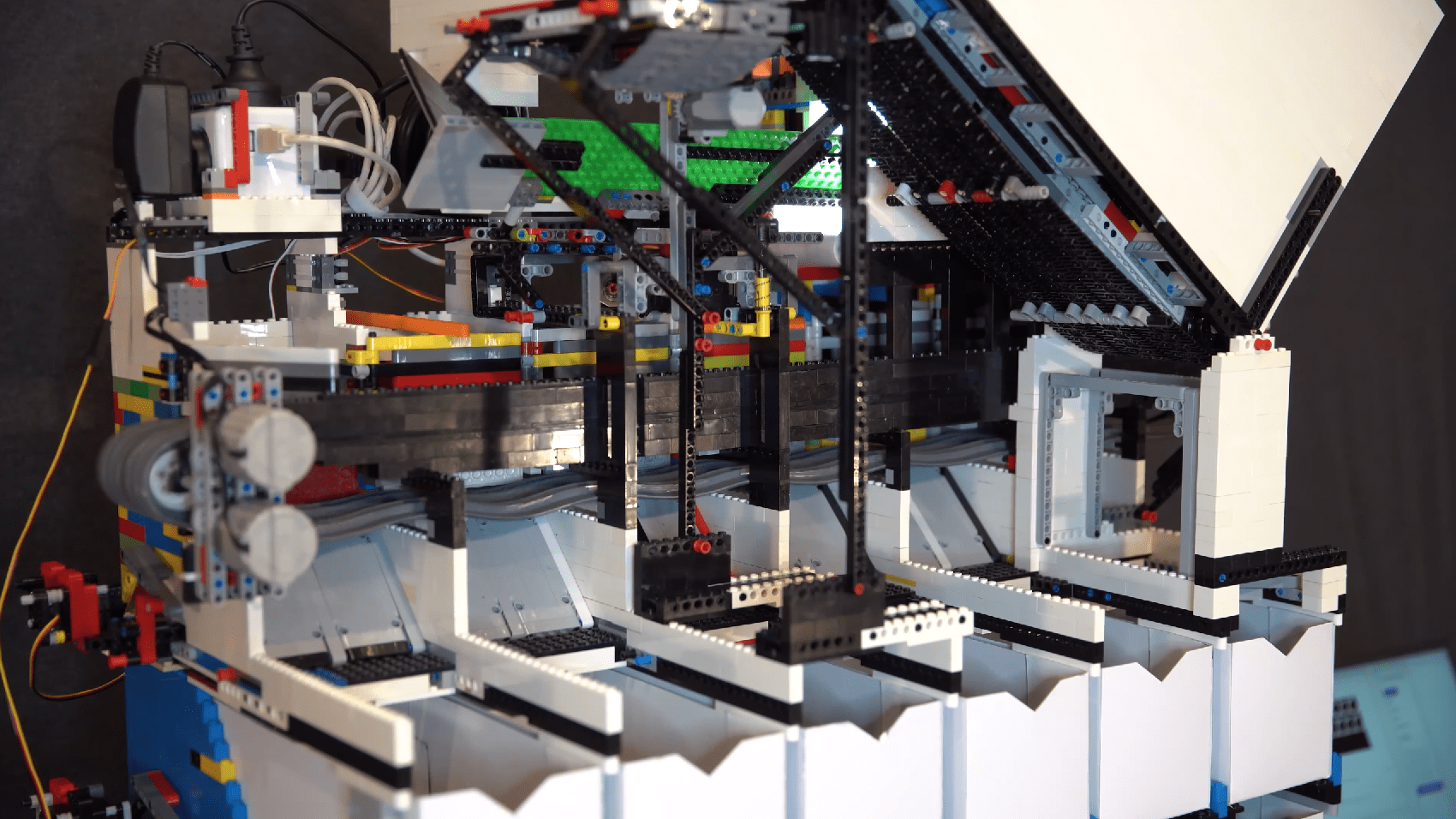 For some people, rummaging through a bunch of Lego bricks is part of the fun. But if you've got an enormous collection or take on complicated builds, you probably have a system for sorting your pieces. Your solution probably doesn't involve AI, thoug...
For some people, rummaging through a bunch of Lego bricks is part of the fun. But if you've got an enormous collection or take on complicated builds, you probably have a system for sorting your pieces. Your solution probably doesn't involve AI, thoug...
AI-powered Lego sorter knows the shape of every brick
 For some people, rummaging through a bunch of Lego bricks is part of the fun. But if you've got an enormous collection or take on complicated builds, you probably have a system for sorting your pieces. Your solution probably doesn't involve AI, thoug...
For some people, rummaging through a bunch of Lego bricks is part of the fun. But if you've got an enormous collection or take on complicated builds, you probably have a system for sorting your pieces. Your solution probably doesn't involve AI, thoug...
 In order for self-driving cars to park themselves, they'll need to be able to see around corners. A team from MIT's CSAIL may have a new way to do that. Using video footage of shadows, they've developed an algorithm that can recreate video of what's...
In order for self-driving cars to park themselves, they'll need to be able to see around corners. A team from MIT's CSAIL may have a new way to do that. Using video footage of shadows, they've developed an algorithm that can recreate video of what's...
 Many believe that Shakespeare had help writing at least some of his plays, but to what extent? AI might have an answer. Czech researcher Petr Plecháč has developed a machine learning system that determined which portions of Henry VIII were l...
Many believe that Shakespeare had help writing at least some of his plays, but to what extent? AI might have an answer. Czech researcher Petr Plecháč has developed a machine learning system that determined which portions of Henry VIII were l...
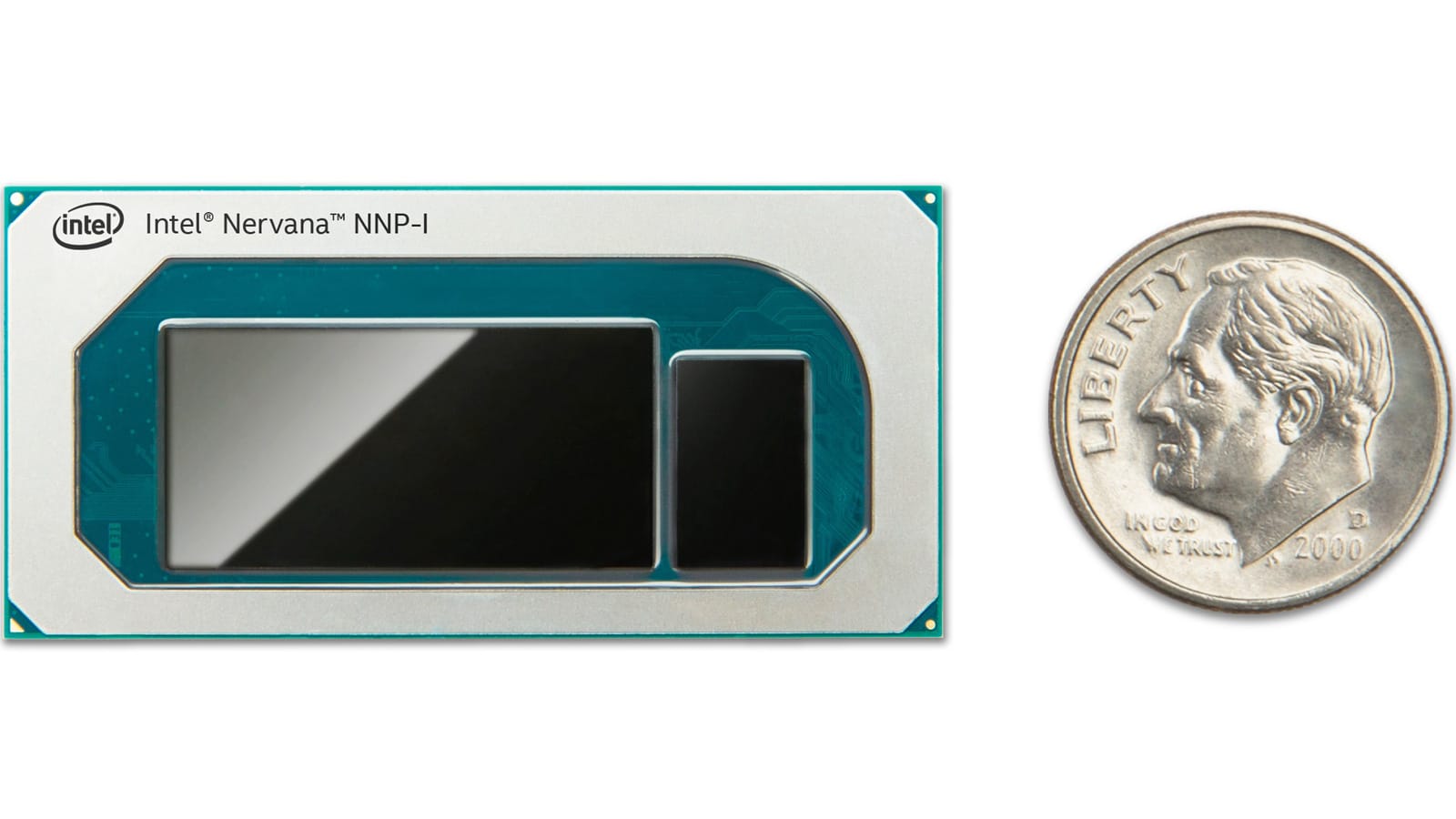 Intel is no stranger to AI-oriented chips, but now it's turning its attention to those chips that might be thousands of miles away. The tech firm has introduced two new Nervana Neural Network Processors, the NNP-T1000 (below) and NNP-I1000 (above),...
Intel is no stranger to AI-oriented chips, but now it's turning its attention to those chips that might be thousands of miles away. The tech firm has introduced two new Nervana Neural Network Processors, the NNP-T1000 (below) and NNP-I1000 (above),...
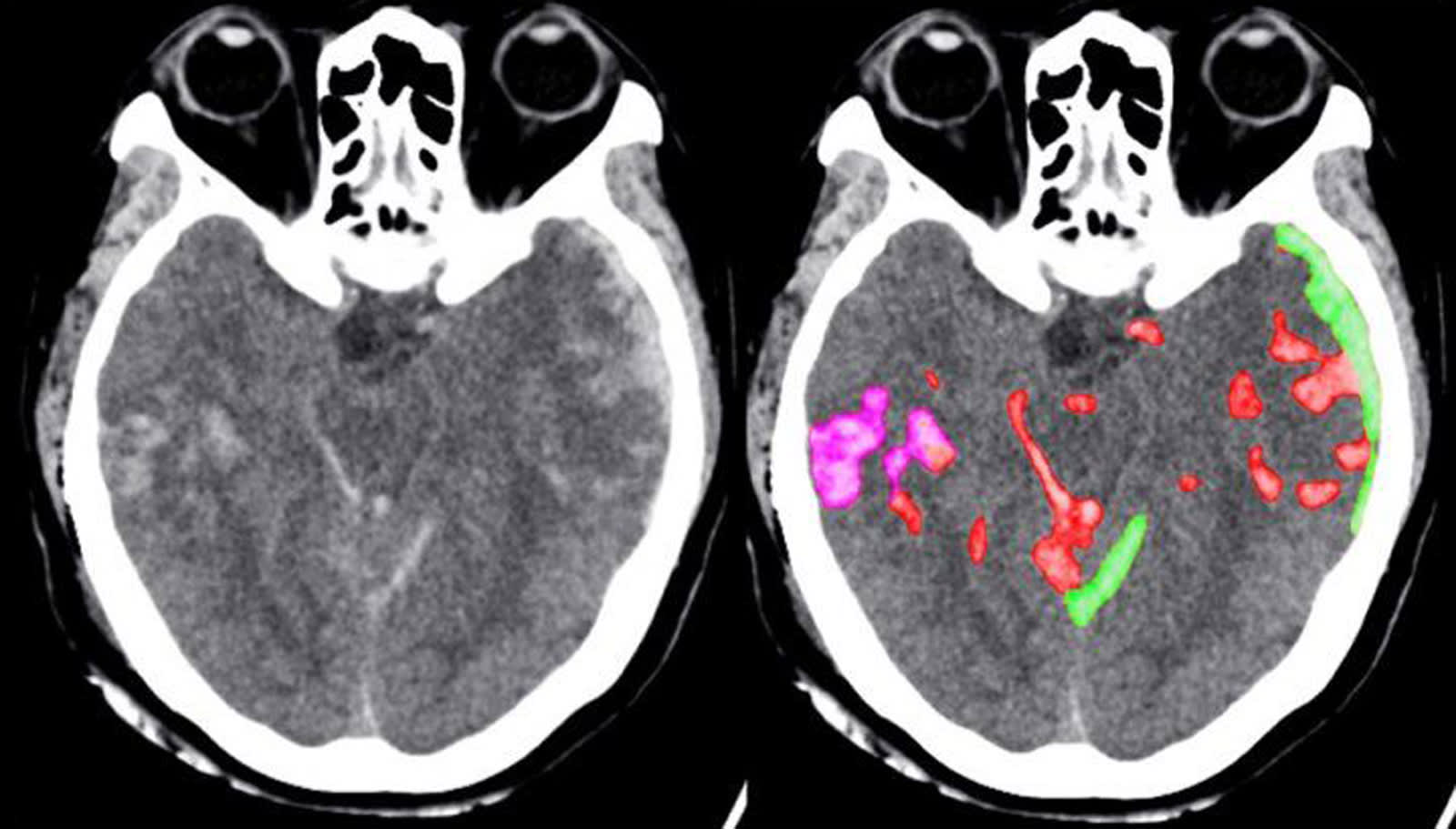 AI is already capable of discovering medical conditions with a high degree of accuracy. However, brain hemorrhages are particularly challenging -- false positives slow things down, while missing even a tiny hemorrhage could be deadly. The technolog...
AI is already capable of discovering medical conditions with a high degree of accuracy. However, brain hemorrhages are particularly challenging -- false positives slow things down, while missing even a tiny hemorrhage could be deadly. The technolog...
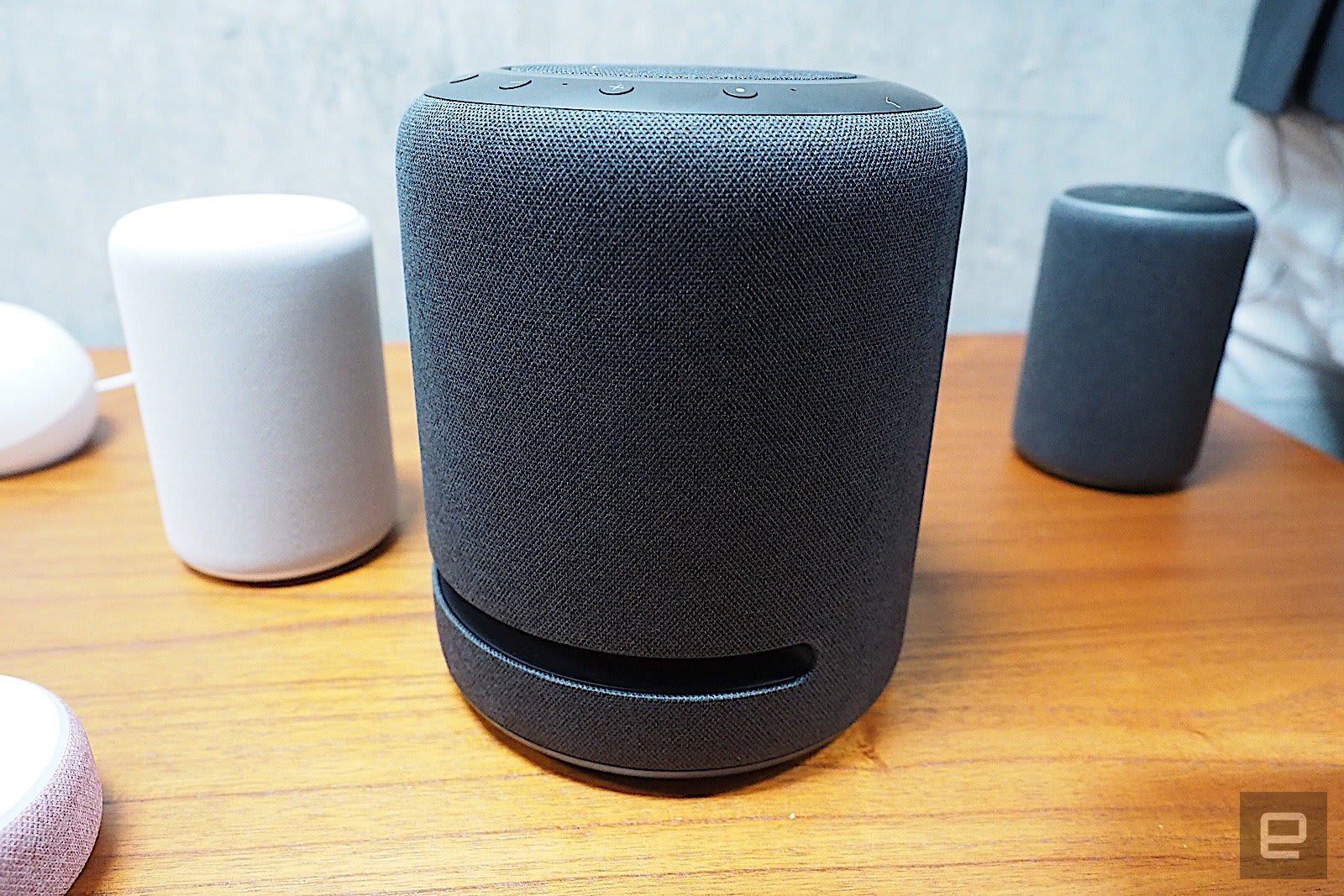 Now that Alexa knows how to speak Spanish in the US, there's a common question: how did it learn the language when it didn't have the benefit of legions of users issuing commands? Through new tools, it seems. Amazon has revealed a pair of system th...
Now that Alexa knows how to speak Spanish in the US, there's a common question: how did it learn the language when it didn't have the benefit of legions of users issuing commands? Through new tools, it seems. Amazon has revealed a pair of system th...
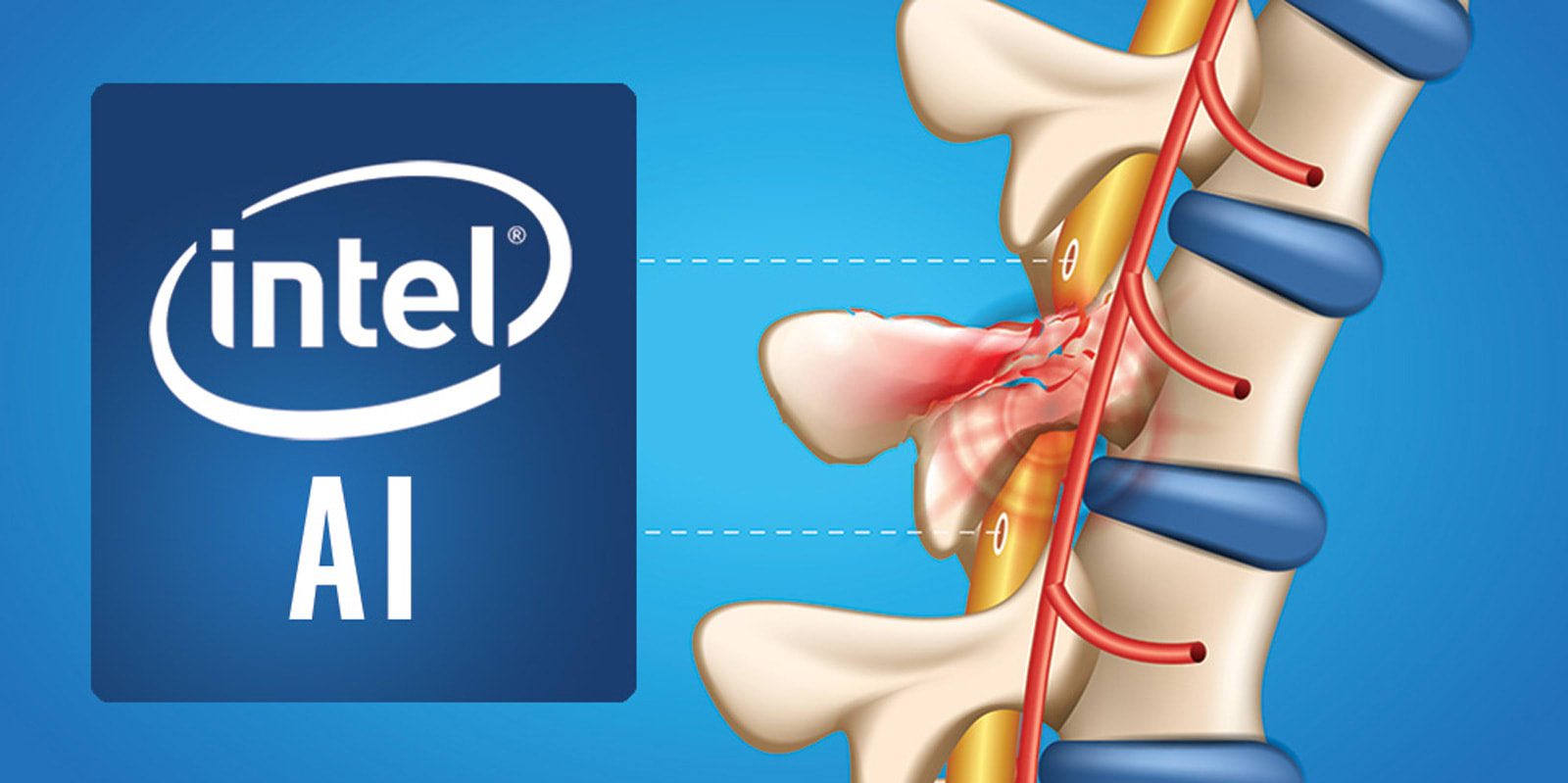 AI's use in medicine could soon extend to one of the medical world's toughest challenges: helping the paralyzed regain movement. Intel and Brown University have started work on a DARPA-backed Intelligent Spine Interface project that would use AI to...
AI's use in medicine could soon extend to one of the medical world's toughest challenges: helping the paralyzed regain movement. Intel and Brown University have started work on a DARPA-backed Intelligent Spine Interface project that would use AI to...
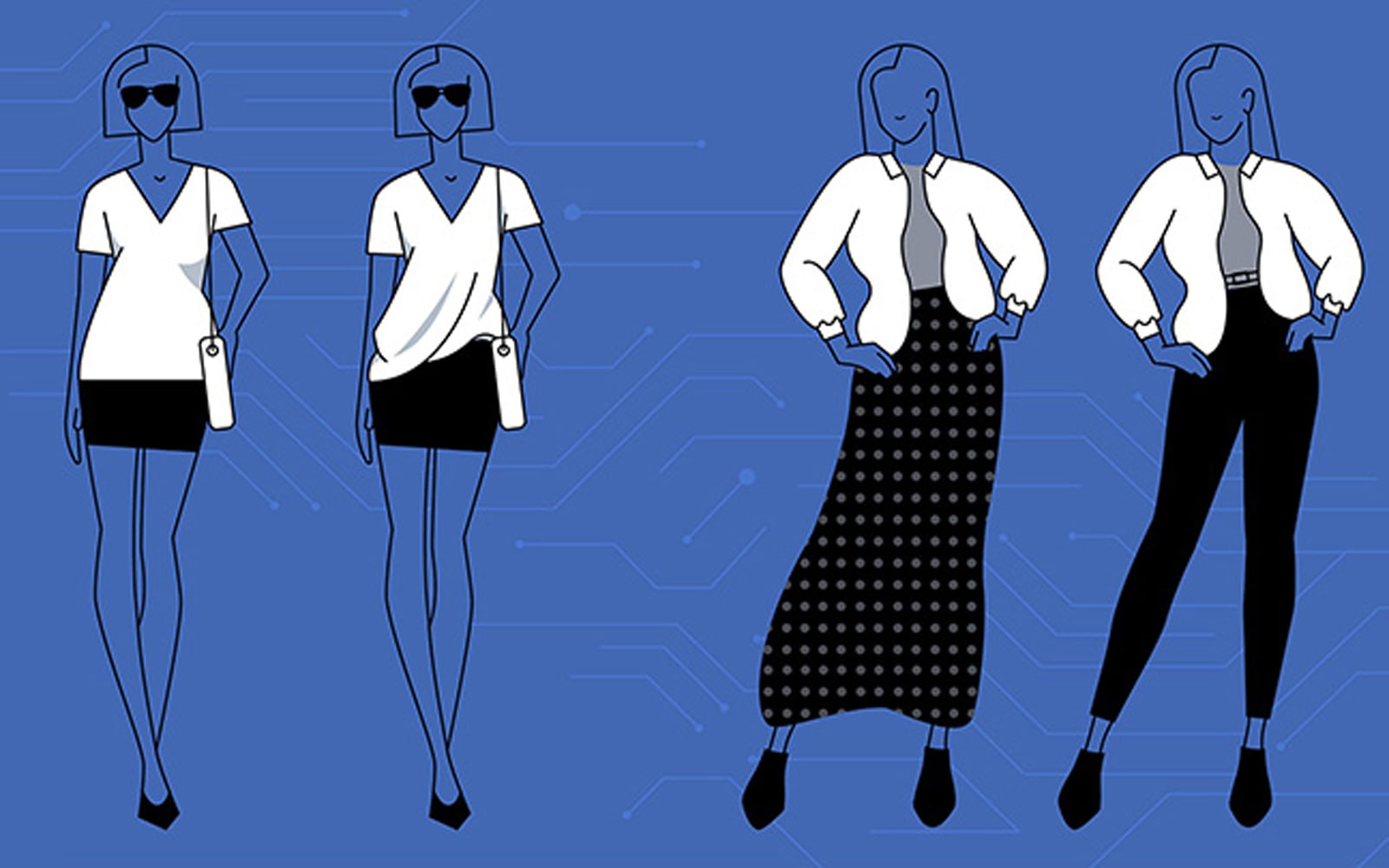 Just when you think researchers have found the wackiest possible use for a neural net yet, another team finds an even more novel use for artificial intelligence. Take Facebook's new Fashion++ AI. It's a program that will help you become a fashionista...
Just when you think researchers have found the wackiest possible use for a neural net yet, another team finds an even more novel use for artificial intelligence. Take Facebook's new Fashion++ AI. It's a program that will help you become a fashionista...
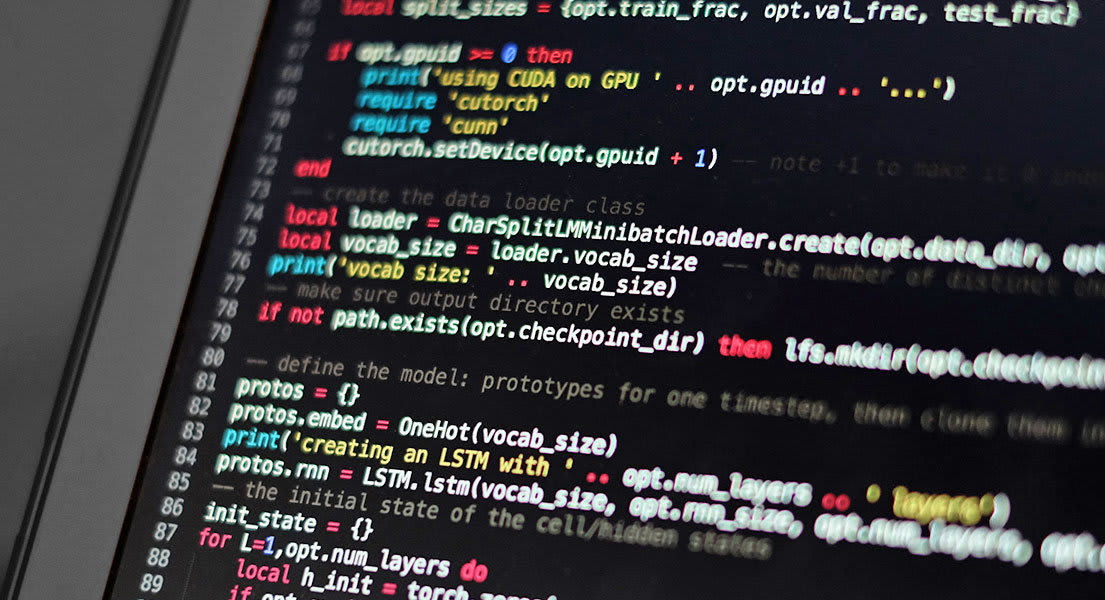 We've seen people turn neural networks to almost everything from drafting pickup lines to a new Harry Potter chapter, but it turns out classic text adventure games may be one of the best fits for AI yet. This latest glimpse into what artificial intel...
We've seen people turn neural networks to almost everything from drafting pickup lines to a new Harry Potter chapter, but it turns out classic text adventure games may be one of the best fits for AI yet. This latest glimpse into what artificial intel...
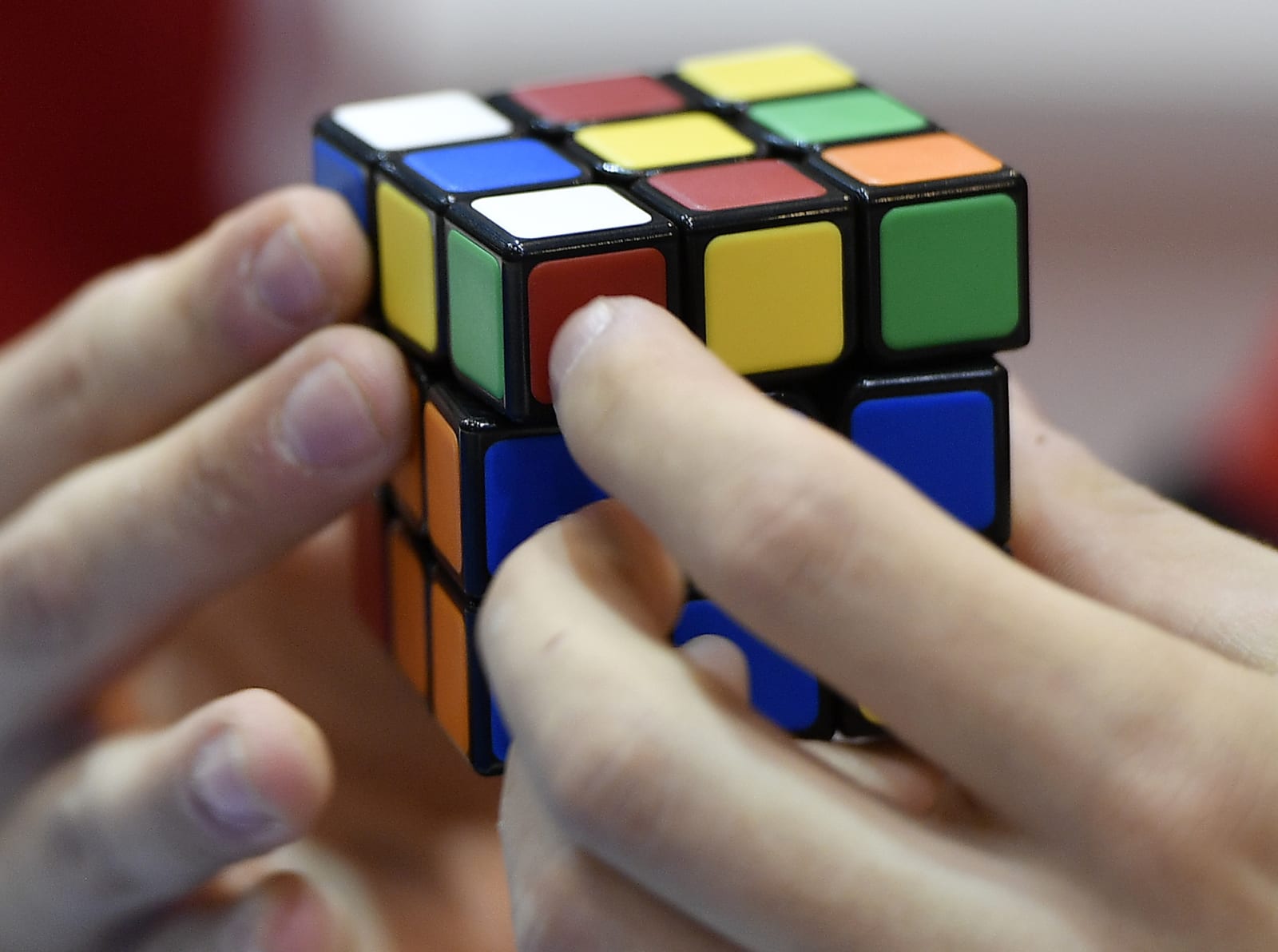 Researchers at the University of California, Irvine have created an artificial intelligence system that can solve a Rubik's Cube in an average of 1.2 seconds in about 20 moves. That's two seconds faster than the current human world record of 3.47 sec...
Researchers at the University of California, Irvine have created an artificial intelligence system that can solve a Rubik's Cube in an average of 1.2 seconds in about 20 moves. That's two seconds faster than the current human world record of 3.47 sec...